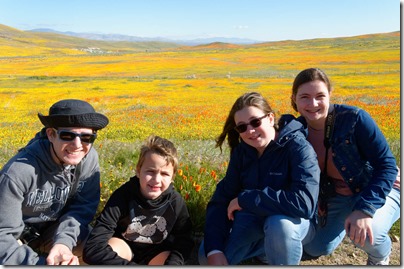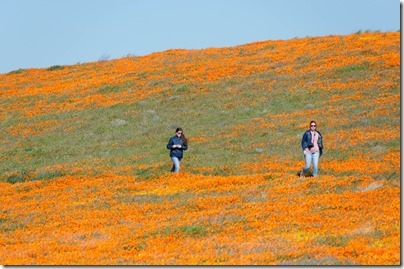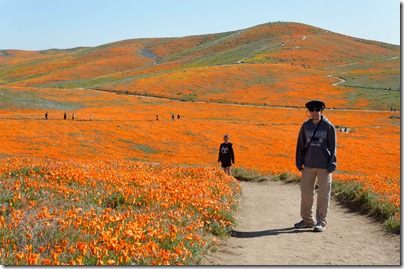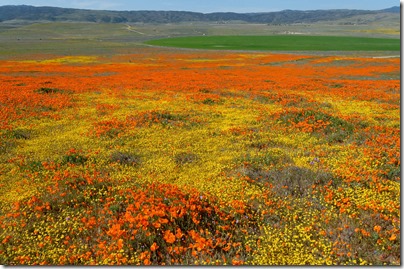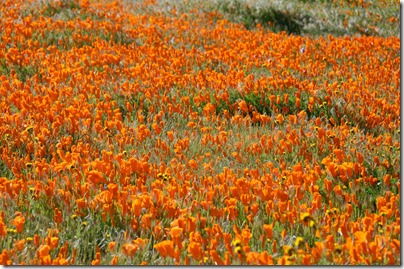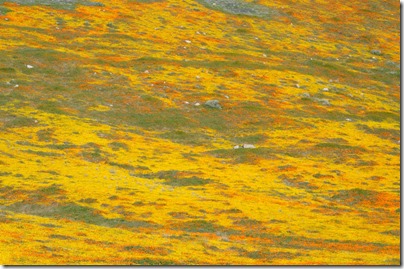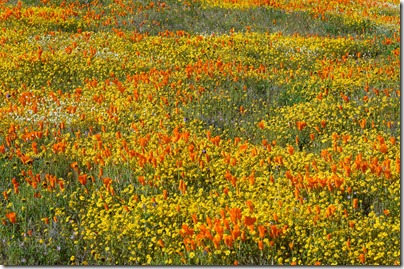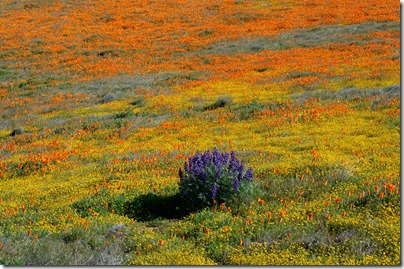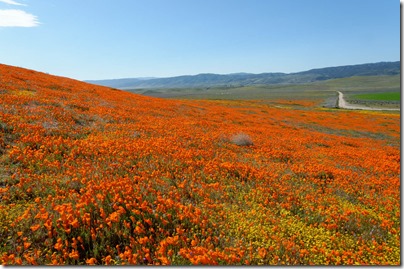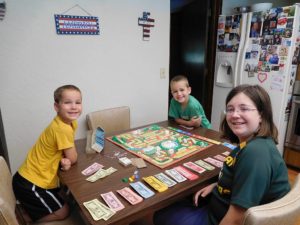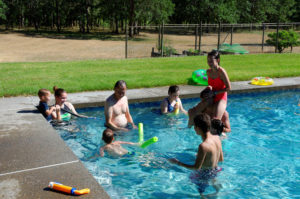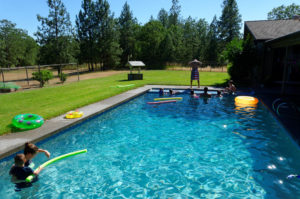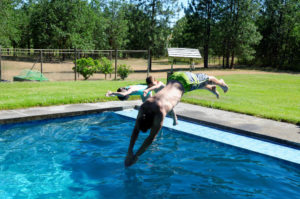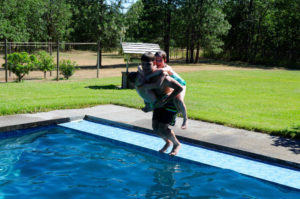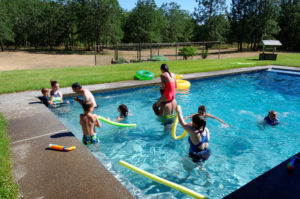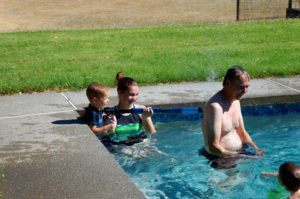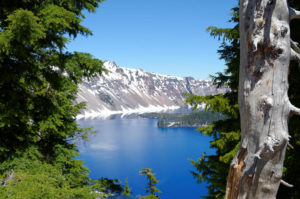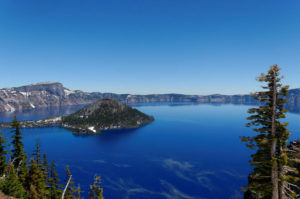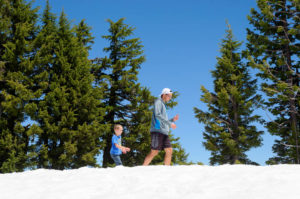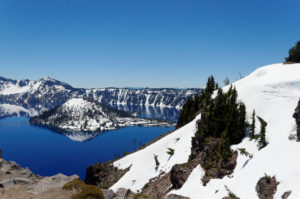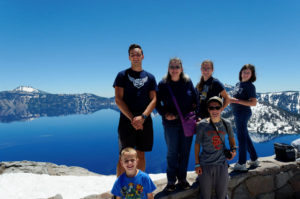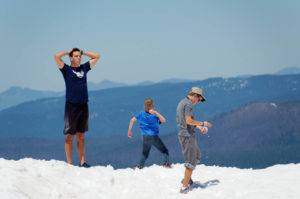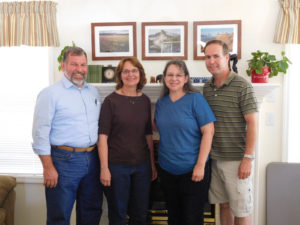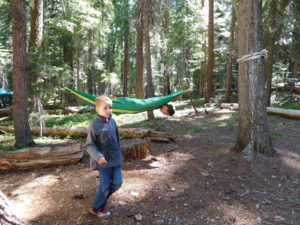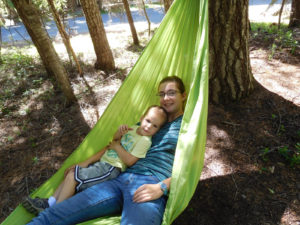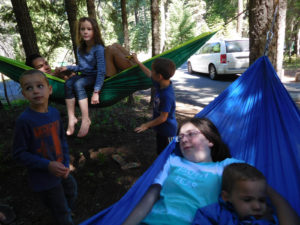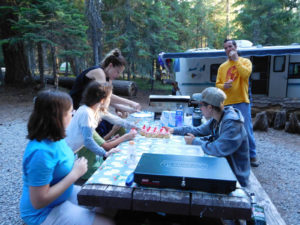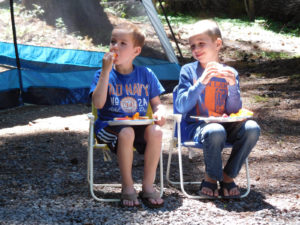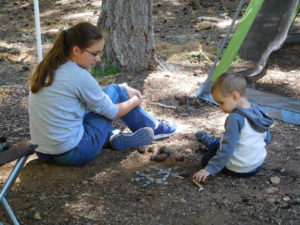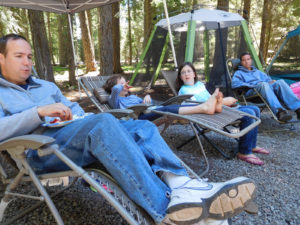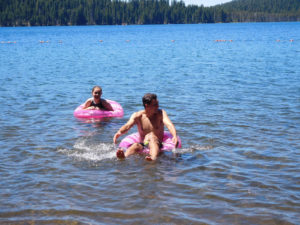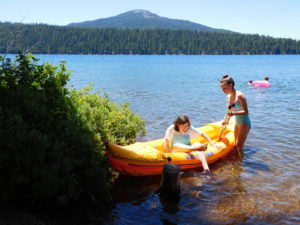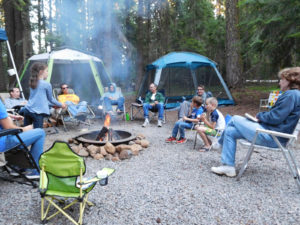I benefit so much from the book recommendations of others. I don’t keep track of how many of the books I read were ones specifically recommended by others, but it’s probably a majority. With less than 2,500 books left to read before I die (assuming I reach the age of 102), I don’t want to waste any of those books. But, alas, I did read some flops this year (one was recommended; another was in an otherwise good series). But I wanted to jot down, before the year-end gets too distant, my favorite books of the year. None were published last year; reading the latest is of no attraction to me. But my life was better for each one, and I happily commend them to you.
Inferno, by Max Hastings – I discovered recently that I had added this to a “to read” list more than a decade ago, but it was something else now forgotten that finally pushed me to it (in audiobook format). This single-volume history of World War II will convince you of the utter depravity of man (and not just the Axis). That may not sound like an inviting read, but I found it unfailingly engaging and instructive, and I thought many times that everyone should read this book.
One Summer, America 1927, by Bill Bryson – this is also a work of history, but entirely a fun read. You might not expect a book focused on just a few months in one random year to have so many exciting events going on, but this was the summer of Charles Lindbergh, Babe Ruth, and so much more. I probably picked this book up because I so loved Bryson’s The Body.
The Divine Messiah of the Tanakh, Eric Engleman – so this one was recommended by me by the author (and gifted by him). It’s published by a small outfit and so it may get little notice. That is too bad, because Engleman has such a wonderful grasp of the Old Testament’s rich testimony about the coming Messiah and his divine nature. You can study Psalms, Isaiah, and Zechariah, but if you’re looking for a book to pull it all together, this is the one.
Shoe Dog, by Phil Knight – a student recommended this one on his prayer card (another great source of recommendations I get twice a year), and I keep seeing it pop up elsewhere too. Knight tells the story of Nike’s origins, providing a good reminder that behemoth businesses don’t just happen but require immense perseverance through all manners of setbacks.
Illustrated Guide to Biblical Geography, by Paul Wright – this is the geography book for geography teachers. It will crush you if you have never been to Israel or Jordan, but if you have a decent grasp of the regions (say from a semester at IBEX), this will fill out so many details. The book is big and long, with too many metaphors, but there’s nothing better in print for really understanding the land of the Bible.
Honorable mention:
- Two Years Before the Mast, by Richard Henry Dana
- Sailing a Serious Ocean, by John Kretschmer
- The Well of Ascension, by Brandon Sanderson
- Mornings on Horseback, by David McCullough
- Good to Great, by Jim Collins
- Parenting, by Paul David Tripp
